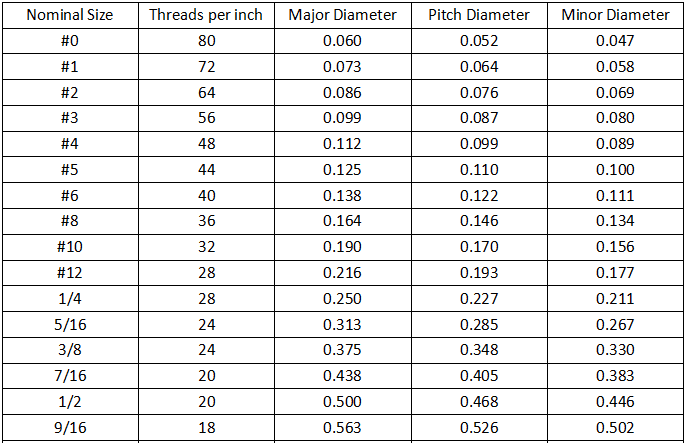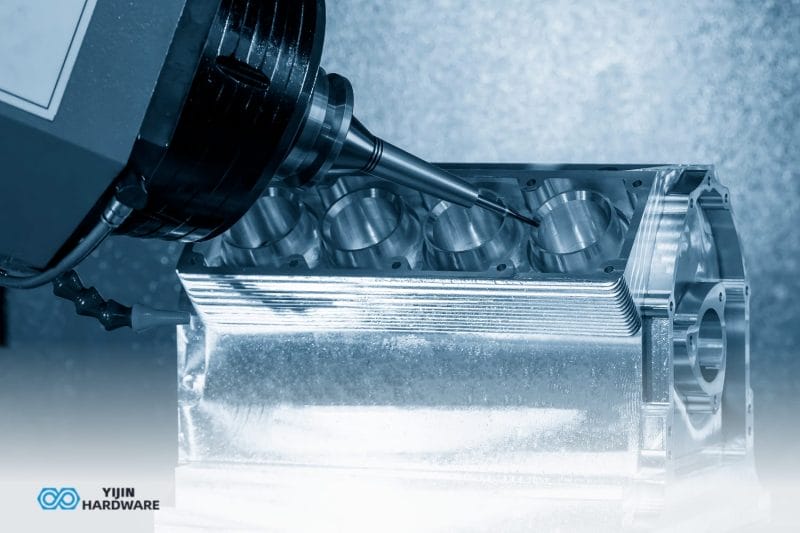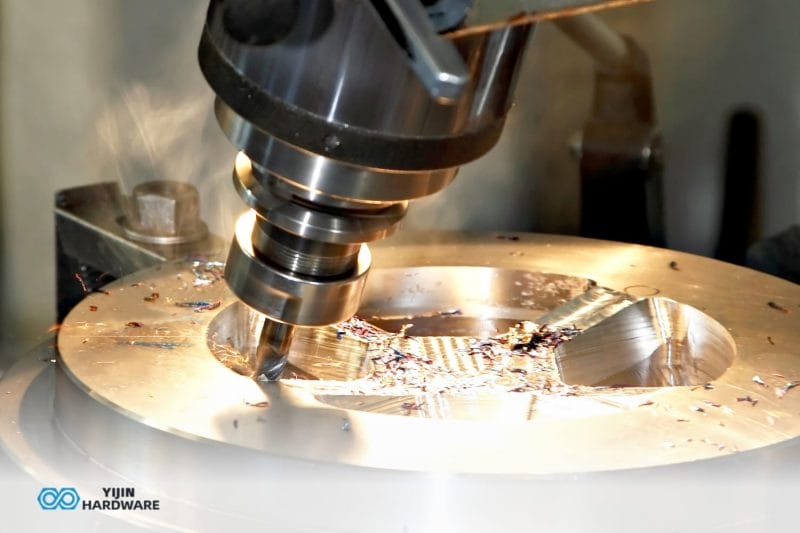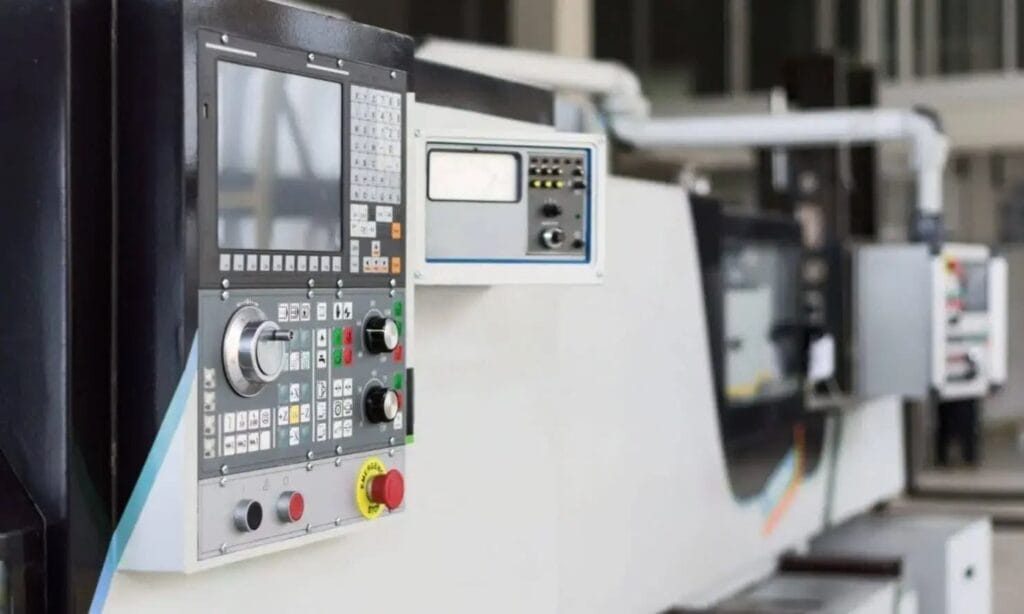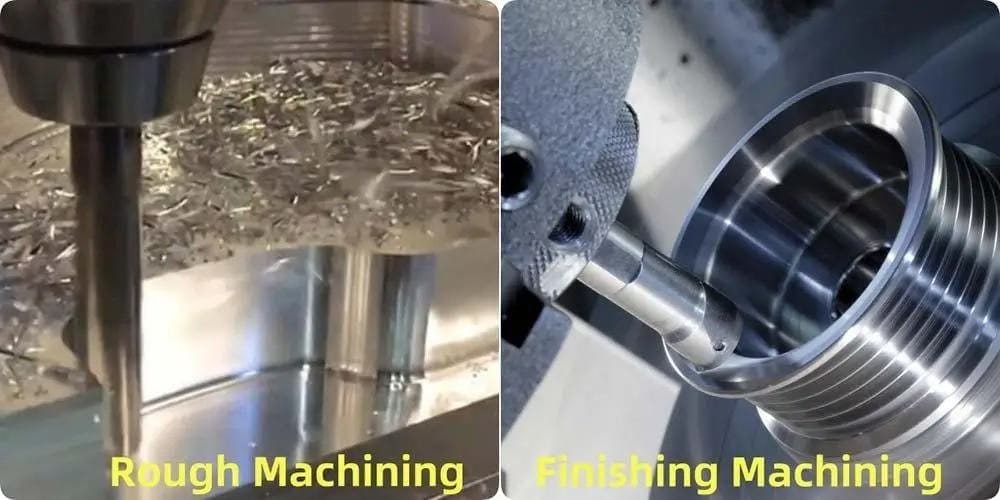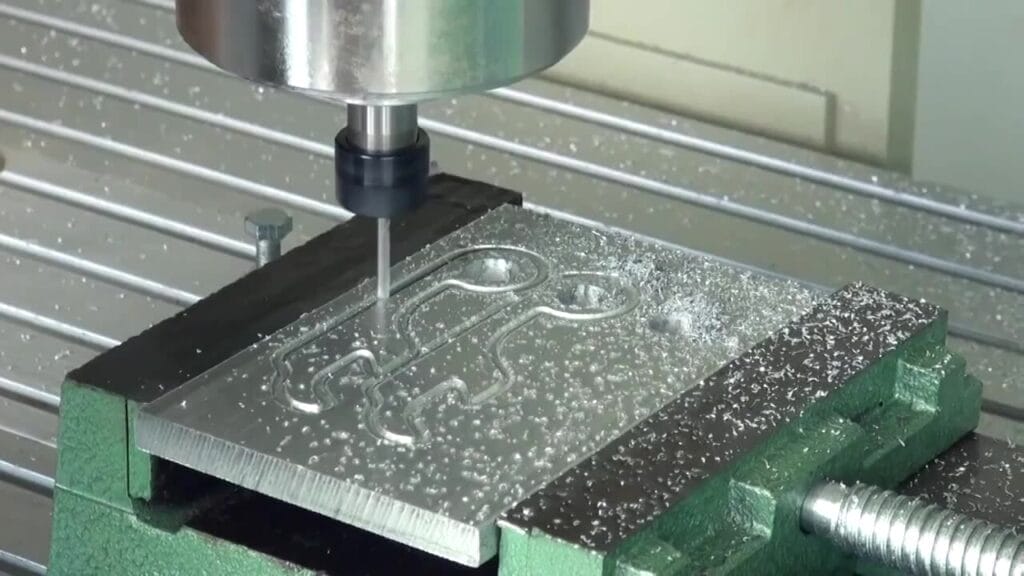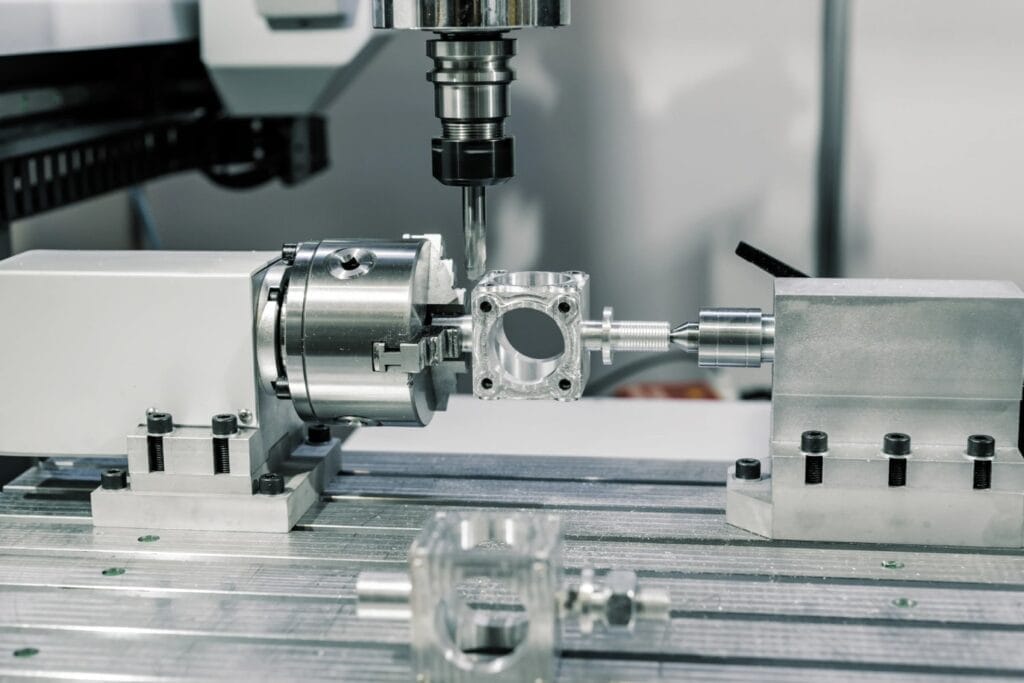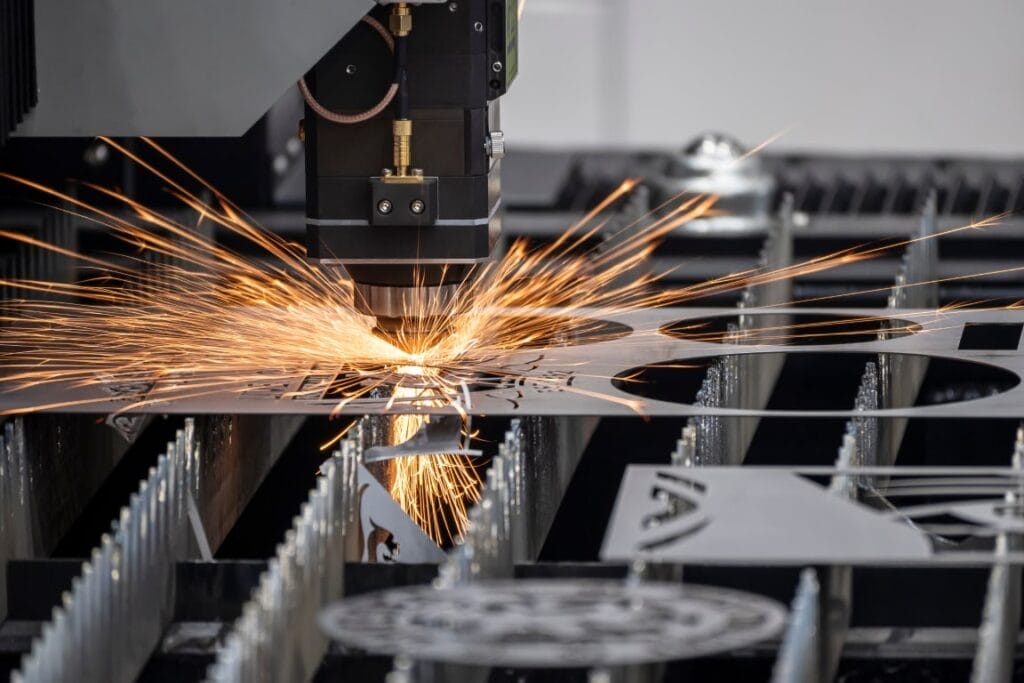Aluminum Precision CNC Machining Services
Aluminum precision CNC machining services use advanced computer-controlled machines to create highly accurate aluminum parts. This process is essential for industries requiring tight tolerances and complex geometries. At Yijin Solution (formerly Yijin Hardware), we specialize in precision applications of aluminum parts for CNC machining, ensuring quality and reliability in every project.
- ⬤Service
- ⬤Your Details
- ⬤Submit


Our Aluminum Precision Products for Complex Projects and Components
Yijin Solution (formerly Yijin Hardware) offers a wide range of aluminum precision products customized for complex projects. Our capabilities include CNC milling, turning, and advanced machining techniques that produce components with intricate designs and specifications. We focus on delivering high-quality machined aluminum parts that meet the demands of various industries, including the aerospace, automotive, and medical sectors. Try out CNC machines for aluminum today!

Aluminum Machining for Your Industry
Aluminum machining is versatile and has many desirable properties. Our services cater to several industries:
- Aerospace: Precision components with lightweight materials and high strength
- Automotive: Custom parts built to enhance performance while reducing overall weight
- Medical: Biocompatible components that meet stringent regulatory standards
- Electronics: Heat sinks and enclosures with precise dimensions for optimal functionality
Our expert team and innovative CNC machines ensure that each part is manufactured to the highest standards.
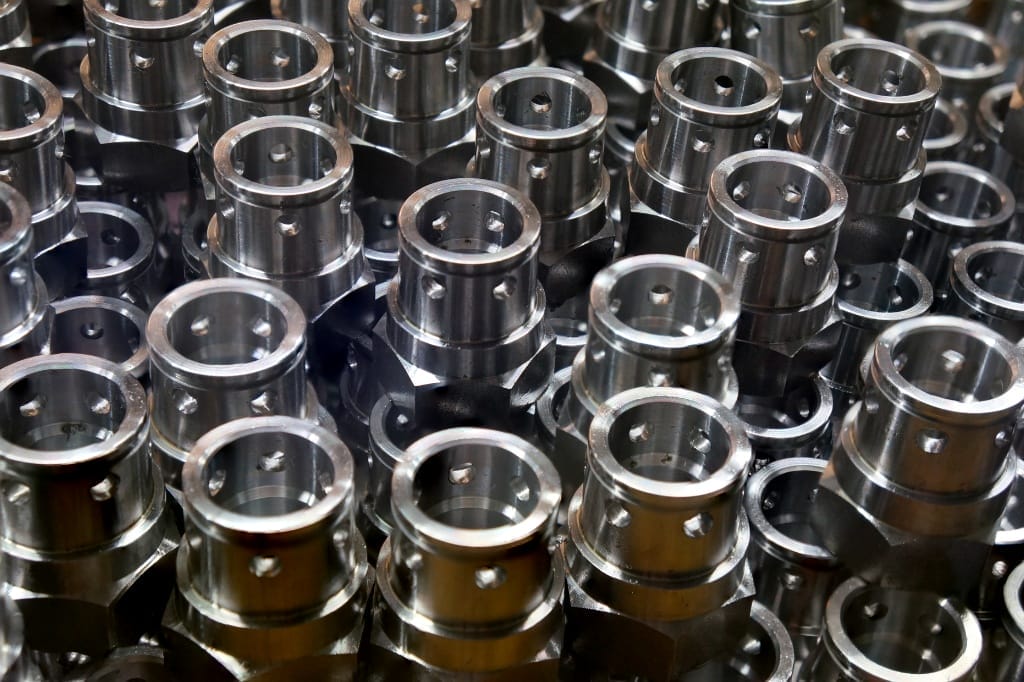
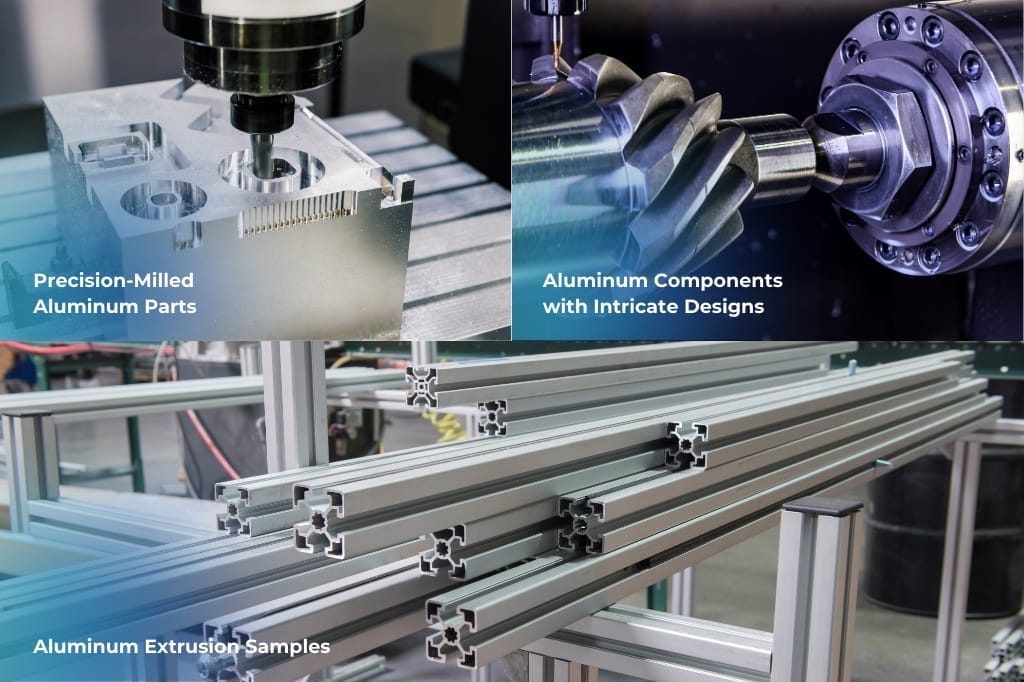
Aluminum Components for CNC Machining
| Component | Industry and Application | Machining Process Used | Key Feature |
|---|---|---|---|
| Stator | Aerospace: Electric motors | 5-axis CNC milling | High precision |
| Rotor | Aerospace: Turbine engines | 5-axis CNC milling | Lightweight design |
| Machined Reflector | Automotive: Lighting systems | CNC turning | Complex geometries |
| Component | Industry and Application | Machining Process Used | Key Feature |
|---|---|---|---|
| Stator | Aerospace: Electric motors | 5-axis CNC milling | High precision |
| Rotor | Aerospace: Turbine engines | 5-axis CNC milling | Lightweight design |
| Machined Reflector | Automotive: Lighting systems | CNC turning | Complex geometries |
| Bracket | Medical: Equipment mounts | CNC milling | Tight tolerances |
| Housing | Electronics: Circuit enclosures | CNC machining | Excellent corrosion resistance |
| Gear | Automotive: Transmission systems | CNC turning | High strength |
| Custom Plate | Industrial: Machinery bases | CNC milling | Custom dimensions |
| Valve Body | Aerospace: Fluid control systems | 4-axis CNC machining | Durability |
| Heat Sink | Electronics: Thermal management | CNC milling | Optimal thermal performance |
| Fixture | Manufacturing: Workpiece holding | CNC machining | Precision alignment |
CNC Aluminum Grades
Each aluminum grade offers unique properties that make it suitable for different machining needs and specific applications, from aerospace to automotive. Below are some of the most popular aluminum grades used in CNC machining.
Aluminum 6061
Aluminum 6061 is a versatile alloy known for its excellent mechanical properties and weldability. It features good corrosion resistance and is commonly used in structural applications. Moreover, it’s ideal for everything from frames to automotive parts. Aluminum 6061 is easy to machine and anodize, which adds to its appeal and allows for a variety of finishes. This grade is particularly favored in industries where strength and durability are critical.
Aluminum 7075
Aluminum 7075 is recognized for its high strength-to-weight ratio and is one of the strongest aluminum alloys available. Aerospace applications frequently use aluminum 7075 because of its superior performance and reliability. Although it has lower corrosion resistance compared to other grades, its exceptional mechanical properties are suitable for applications requiring high stress and fatigue resistance. This alloy is commonly used in aircraft structures, military vehicles, and high-performance sporting equipment.
Aluminum 5052
Aluminum 5052 is known for its excellent corrosion resistance and formability, so it’s a popular choice in marine environments. This alloy offers good weldability and can be easily shaped into complex forms — useful for applications like fuel tanks and pressure vessels. Its moderate strength and ability to withstand harsh conditions make it ideal for both the marine and automotive industries. Additionally, architectural applications often use 5052 for its aesthetic appeal.


Aluminum 2024
Aluminum 2024 is a high-strength alloy that excels in fatigue resistance, making it well-suited for aerospace applications. Aircraft structures frequently use this grade as weight savings are crucial without compromising strength. While it has lower corrosion resistance than other aluminum alloys, its mechanical properties make it a top choice for components regularly exposed to high stress. Applications include wing skins, fuselage structures, and military vehicles.
Aluminum 6063
Aluminum 6063 is favored for architectural applications due to its excellent extrudability and surface finish. It provides good corrosion resistance and can be easily anodized or painted to enhance its aesthetic appeal. This alloy is commonly used in window frames, door frames, and other architectural elements that require both strength and visual appeal. Moreover, aluminum 6063 can be formed into intricate shapes, so it’s ideal for decorative applications.
Cast Aluminum
Cast aluminum alloys are known for their incredible machinability and ability to form complex shapes. These alloys are often used in applications requiring detailed designs that cannot be achieved with standard machining processes. Cast aluminum offers good strength and lightweight characteristics, making it suitable for components like housings and brackets. Cast aluminum alloys are versatile and used across various industries, including automotive and consumer goods.
Anodized Aluminum
Anodized aluminum goes through an electrochemical process to enhance its natural oxide layer; this provides increased corrosion resistance and surface hardness. Additionally, this electrochemical treatment allows for a variety of colors and finishes, which makes anodized aluminum popular in decorative as well as functional applications. It’s commonly used in architectural elements, electronics housings, and consumer products where aesthetics and durability are both necessary. The anodizing process also helps improve the machinability of the aluminum surface.
Why Choose Yijin Solution (formerly Yijin Hardware) for Aluminum CNC Services?
Yijin Solution (formerly Yijin Hardware) is committed to precision in aluminum CNC machining services. Our state-of-the-art machinery and skilled technicians ensure that every project meets exact specifications. We prioritize quality control throughout the manufacturing process and guarantee that our customers receive only the best machined aluminum parts.
Choosing Yijin Solution (formerly Yijin Hardware) for your aluminum CNC machining needs means you’ll benefit from our expertise in producing custom aluminum parts with tight tolerances. Our dedication to customer satisfaction drives us to deliver high-quality solutions tailored to your specific requirements.


What Our Clients Say
Aluminum Precision CNC Machining Services FAQs
Aluminum extrusion and sheet material typically range from $2 to $10 per pound, depending on grade and availability. For precision aluminum machining services, total costs depend on the complexity and quantity of aluminum machined parts. Aluminum is a low-cost option commonly used for CNC aluminum machining.
Aluminum 6061 and 7075 are considered the best grades for precision aluminum machining due to their excellent machinability and strength. Aluminum 6061 shines as the go-to choice for versatility, boasting exceptional workability, corrosion resistance, and weldability, whereas aluminum 7075 offers incredible strength. Using a CNC aluminum machining center ensures optimal results for both prototyping and production of durable metal parts.
With advanced precision machines, aluminum machined parts can achieve tolerances as tight as ±0.001 inches. This makes aluminum one of the most suitable materials for creating highly accurate metal parts in modern manufacturing.
CNC Resources
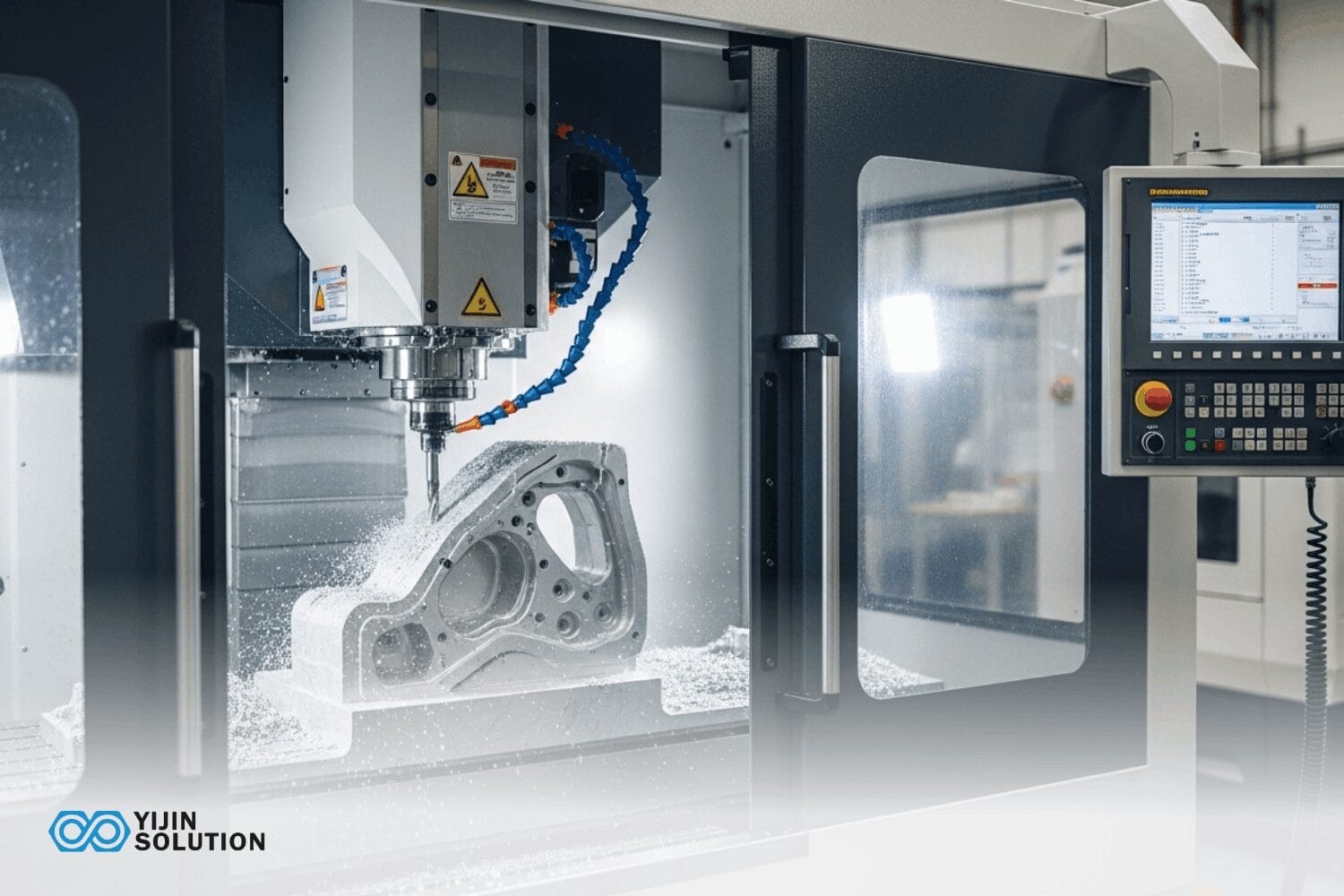
Top 10 CNC Milling Service Providers 2026
CNC milling process is crucial for producing precise components in industries like aerospace, medical, and automotive. However, not all milling
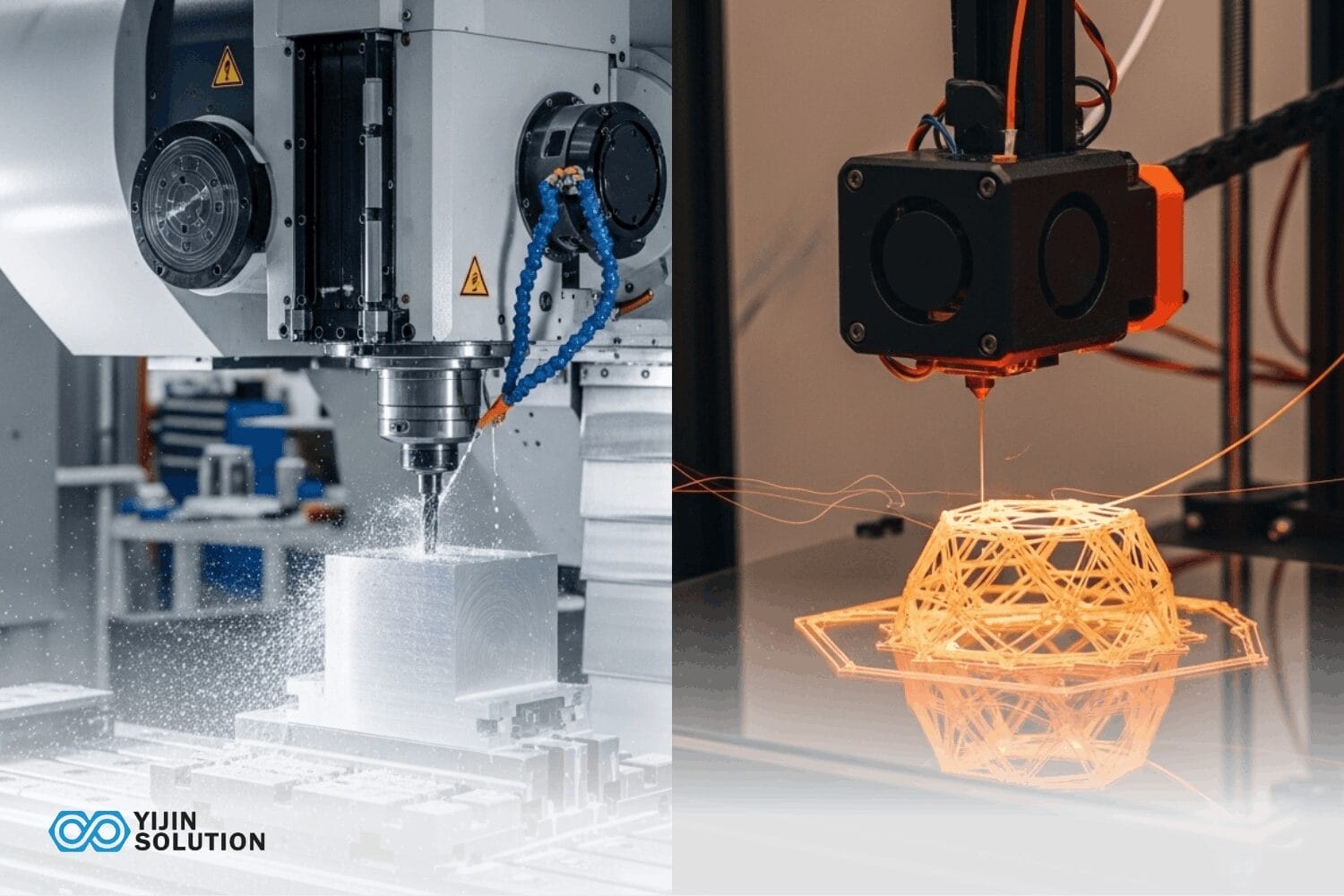
CNC Machining vs. 3D Printing
The choice between CNC Machining (Subtractive) and 3D Printing (Additive) hinges on a specific tri-factor of requirements: geometric complexity, production
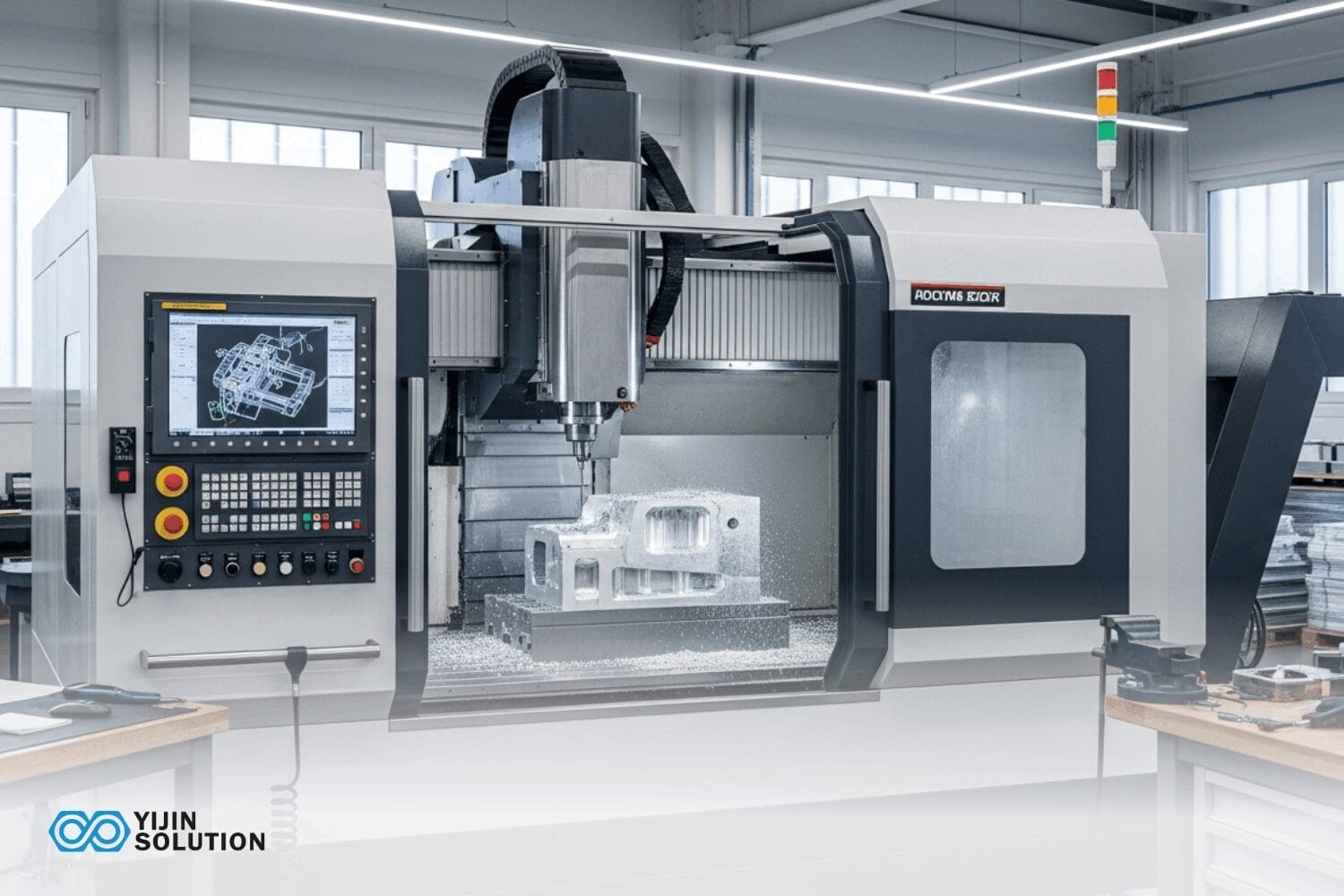
What are the Main Parts of a CNC Machine?
Understanding the individual parts of a CNC machine is essential for engineers specifying equipment, maintenance teams troubleshooting issues, and manufacturers
Start today. Get parts made fast.
Free Machined Parts Design to Your Projects with Fast Turnaround Times.






